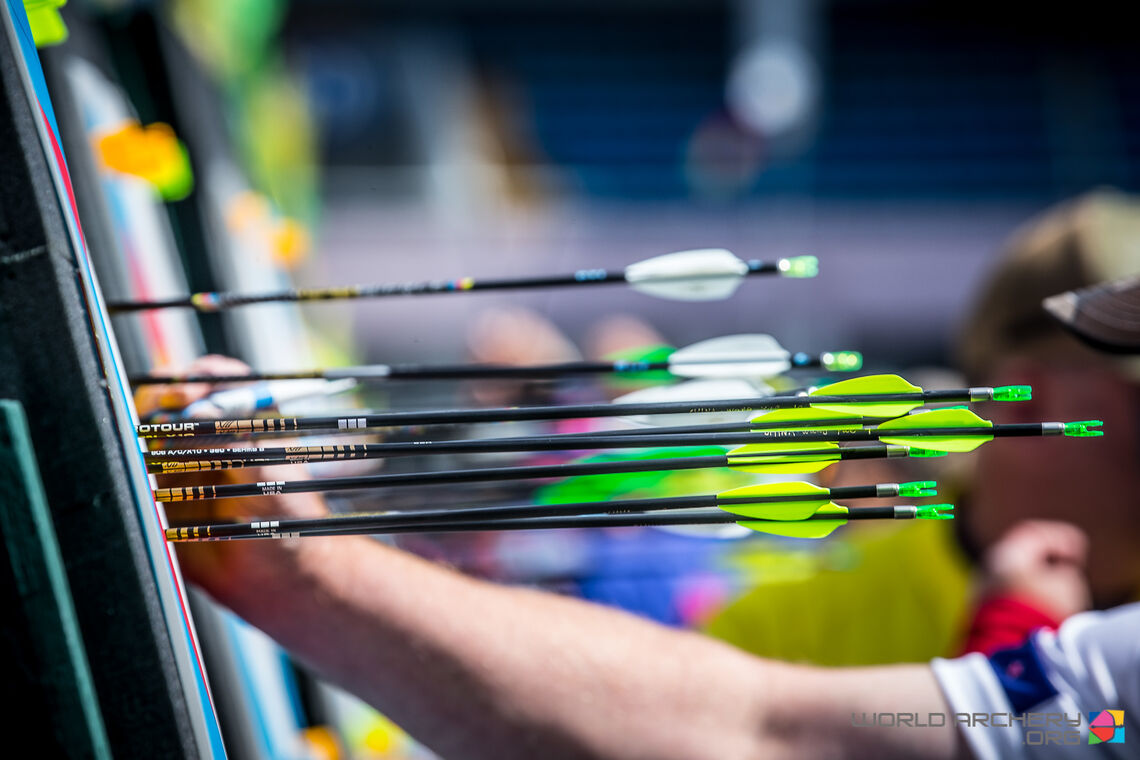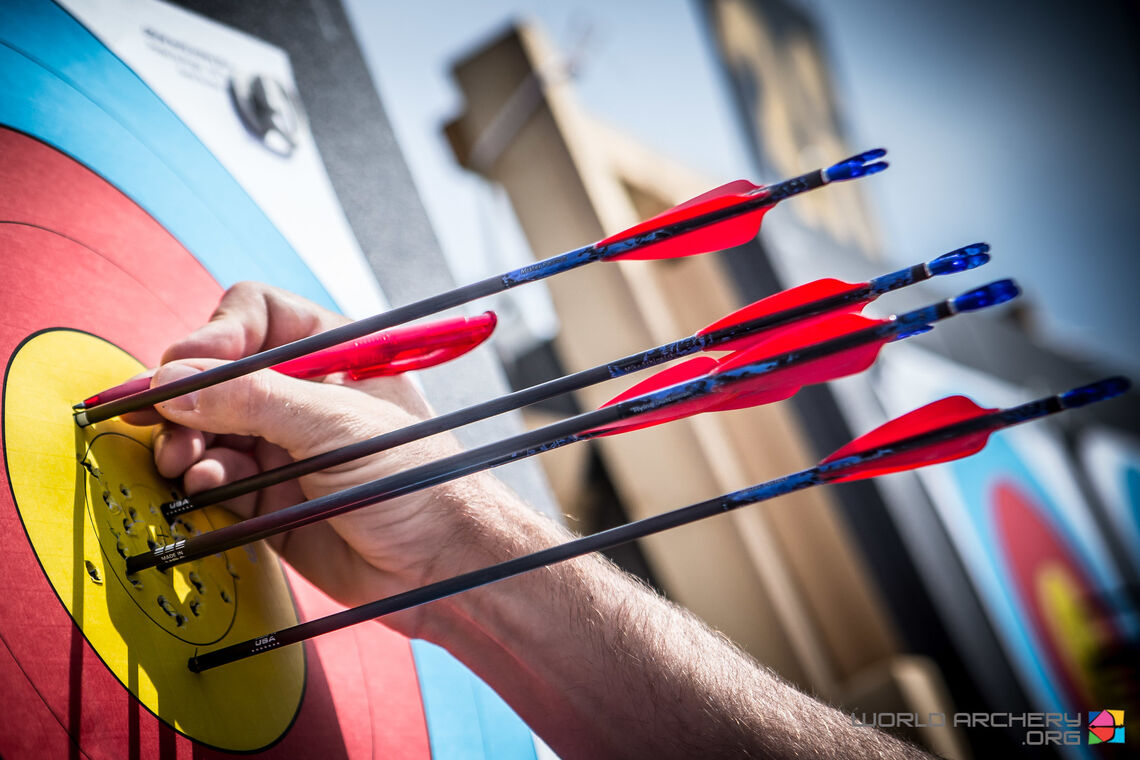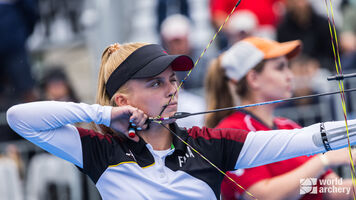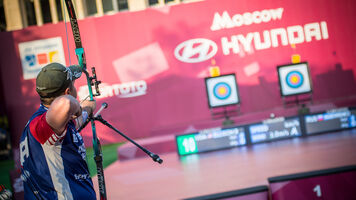
Clean sport
World Archery is committed to protecting the integrity of the sport of archery.
World Archery is committed to the fight against doping and keeping archery clean.
Although archery is not considered to have a problem with doping, World Archery and its national archery federations are active in educating athletes, campaigning for fair play and protecting the integrity of the sport.
World Archery is a signatory to the World Anti-Doping Code and its list of prohibited substances in and out of competition, which is updated by the World Anti-Doping Agency every year. In addition, alcohol remains a banned substance in the sport of archery. International archery’s anti-doping rules are found in the World Archery Rulebook.
Athletes who take prescribed medications that contain substances on the prohibited list can apply for a therapeutic use exemption, which may authorise them to continue taking the medication while competing.
The International Testing Agency runs World Archery’s anti-doping programme. The Court for Arbitration for Sport’s anti-doping division handles the adjudication of any anti-doping rule violations in archery.
Athletes and officials should stay vigilant and report suspicious activity linked to doping through the International Testing Agency’s Reveal platform.
Consequences
Doping has significant and varied risks, including negative effects on mental and physical health, loss of sponsorship or prize money, and damage to an athlete’s image and relationships.
An athlete or official who is found to have violated clean sport rules can be publically sanctioned, which can range from a warning to a lifetime ban, and be forced to forfeit results, titles and any financial benefits derived from the associated competitive performances. Individuals found guilty of a doping offence are often considered cheaters.
Testing
Random doping tests are carried out at all international events, and World Archery’s anti-doping rules apply to all registered events with world record status.
World Archery does not currently store samples for longer than is required by laboratories. Substances likely to be abused in the sport of archery are easily detectable, and new methods of detection are unlikely to enhance the sport’s anti-doping procedures, making it unnecessary to retest historical samples. However, this policy is evaluated on a periodic basis.
More information on the protection of personal data in relation to clean sport can be found in the Anti-Doping Privacy Notice.
Registered testing pool
Every year, several international archers are chosen for the registered testing pool. The athletes are normally selected from world champions and the top positions in the world rankings. Archers in the registered testing pool must report their whereabouts and can be randomly tested outside of competition at any time.
Therapeutic use exemptions
Athletes who take prescribed medications that contain substances on the prohibited list can apply for a therapeutic use exemption, which may authorise them to continue taking the medication while competing without breaking anti-doping rules. Therapeutic use exemptions are issued to a specific athlete, for a specific substance and for its specific use.
The International Standard for Therapeutic Use Exemptions ensures the process of evaluating requests and issuing exemptions is consistent.
International athletes, including those who are in the registered testing pool, compete at world championships or other international events for a national team, should apply to the International Testing Agency for a therapeutic use exemption.
National athletes, including those who compete within their own countries, should contact their National Anti-Doping Organisation to enquire about a therapeutic use exemption.
Therapeutic use exemptions issued nationally are automatically valid for international competition, provided they were issued in accordance with the international standard and not for beta-blockers. National athletes with an exemption for beta-blockers must reapply for an international exemption if required.

Anti-doping education
The World Anti-Doping Agency offers several educational tools for athletes and officials. National archery federations are encouraged to use the tools to prepare teams for international competition.
PlayTrue tests an athlete’s knowledge and understanding of anti-doping procedures. It is available in more than 45 languages. There is also a version for younger athletes.
The Anti-Doping Education and Learning Platform contains a comprehensive collection of targeted courses for athletes, coaches, parents, medical professionals and other sport support roles in several languages.




